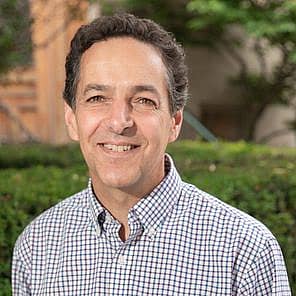As I reflect on my latest conference sessions in Texas, and on last year’s annual Learning Disabilities conference in Atlanta, two key takeaways come to mind related to ADHD that center on acceptance and agency.
Acceptance of one’s particular learning profile — including the strengths and challenges that each of us has — is a key marker of current and future academic success for all students. Speakers in Atlanta and in San Antonio referred back to this key element especially in their work with students who are diagnosed with ADHD. Treating and accommodating for a disability can easily lead to feelings of being faulty or not enough. When the narrative of being flawed and not enough is released — not just cognitively but at the deepest levels — the sky’s the limit, regardless of a student’s particular profile.
When students accept and become curious about their own learning profile and lived experience in academic and other settings, they are able to demonstrate the agency they need to take charge of their life and outcomes. When shame is replaced by curiosity, observation, reflection, and a willingness to experiment to see what works, useful self-knowledge and acceptance have room to bring positive new outcomes.
One helpful blog I follow with tools to help students with ADHD and their families discover useful new strategies is this one by Dr. Sharon Saline. Learned skills and changed behaviors, like those suggested here, can bring more positive and lasting results than medication alone. My favorite session at the LD conference in Atlanta was one with student speakers who knew and shared their own learning profiles quite matter-of-factly and knowledgeably, as only they could. With this acceptance — and with their IEP, needed accommodations, and their favorite personal strategies at their fingertips — they explained how they made sure to get what they needed in school to be able to demonstrate their full abilities.
These lessons coalesce in my mind around a former student who was one of the most positive and upbeat people I’ve worked with. He would talk and joke matter-of-factly about needing more than the average once or twice weekly check in with his learning support person. At least once a day was his strategy to get through high school. As he worked on his college essay, he became passionate when writing about the teacher who took him aside and explained to him that his mind worked differently — not better or worse — than others, and that many famous and successful people shared this profile. This teacher was the first to treat him, a student with ADHD and dyslexia, as the intelligent and capable young man who he now knew himself to be. His career goal and his motivation as he starts college is to become a teacher and educational leader so that more students like him can have this experience at the earliest possible age.
The power of his own acceptance and agency couldn’t be more clear.


